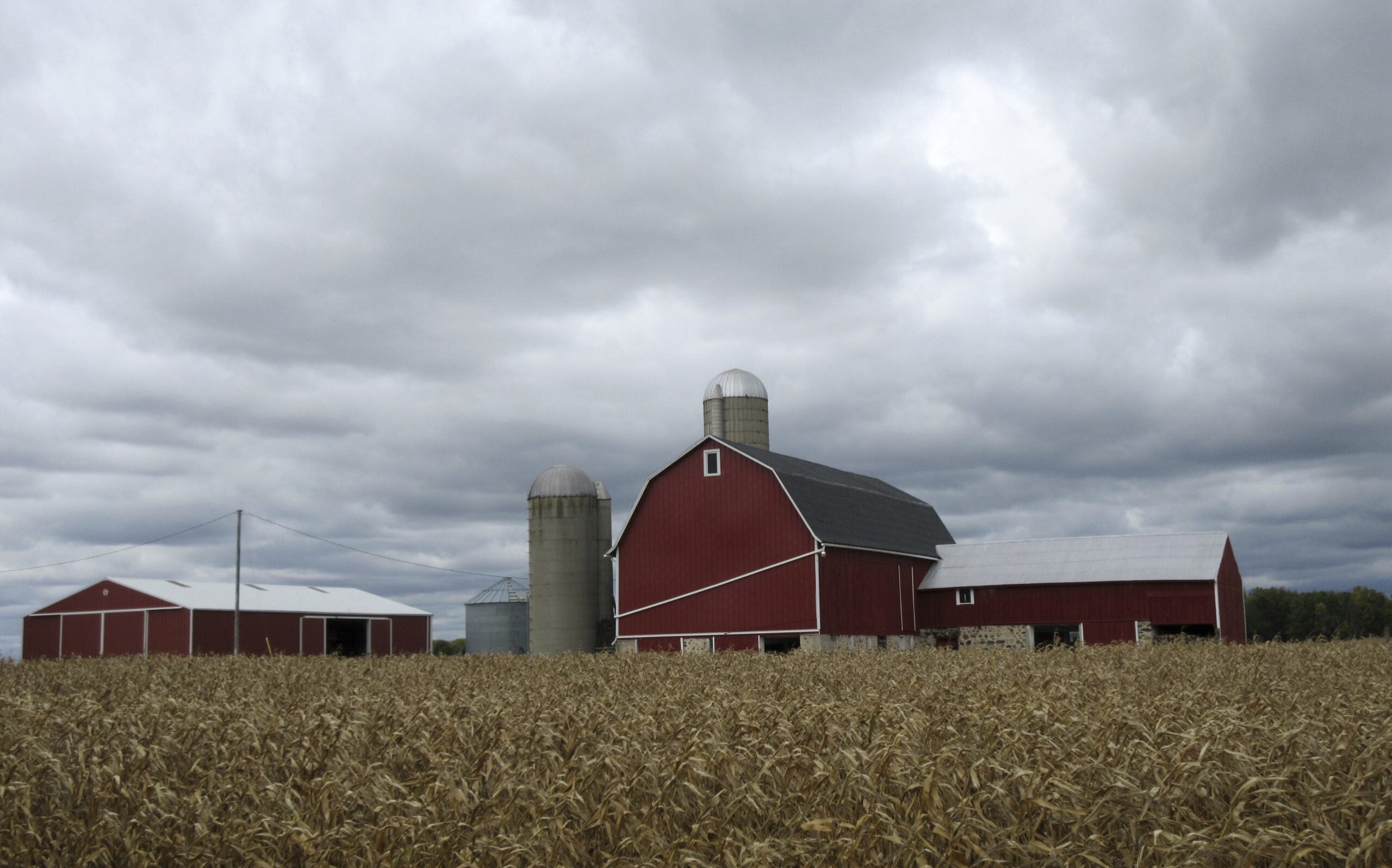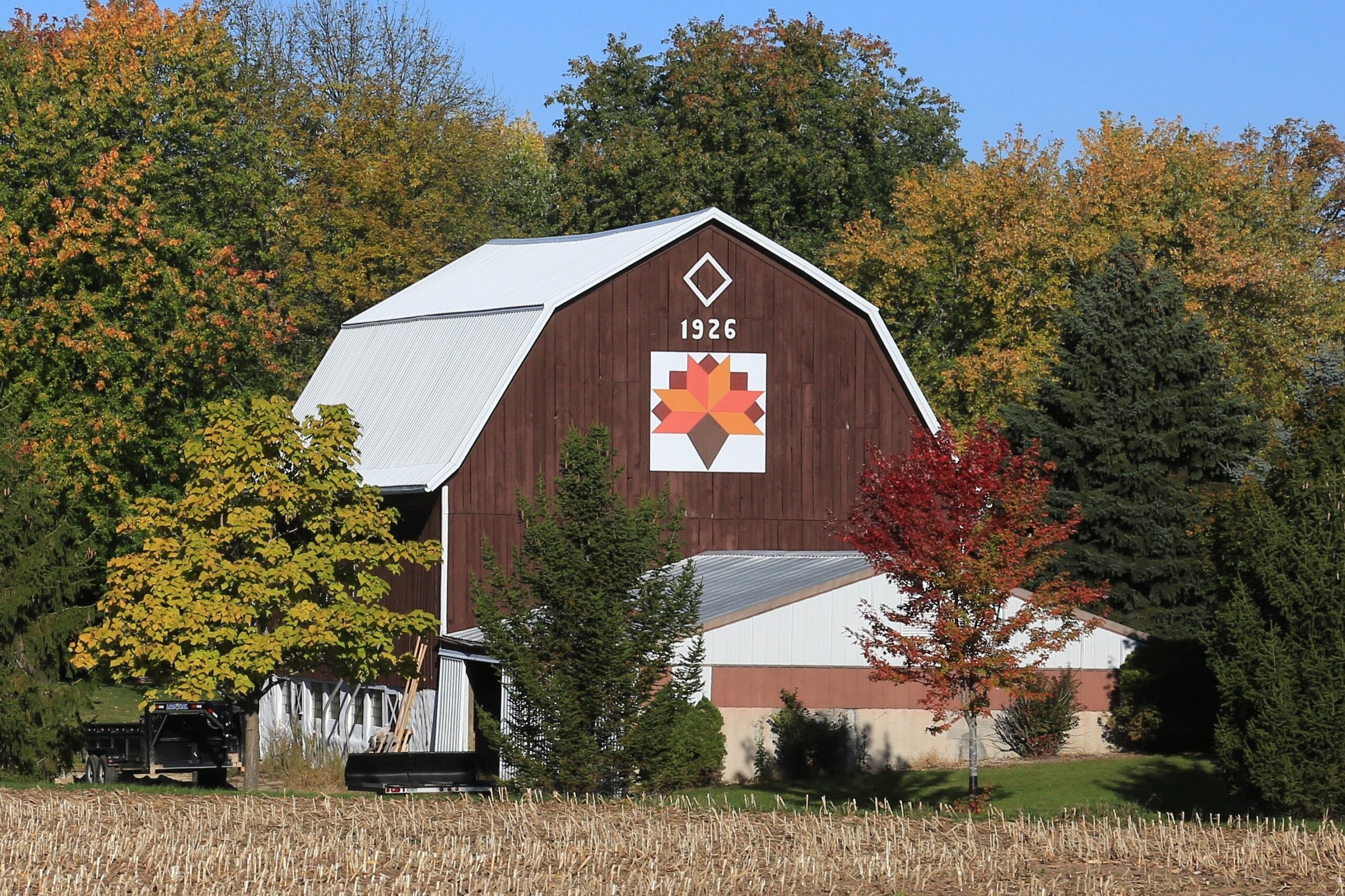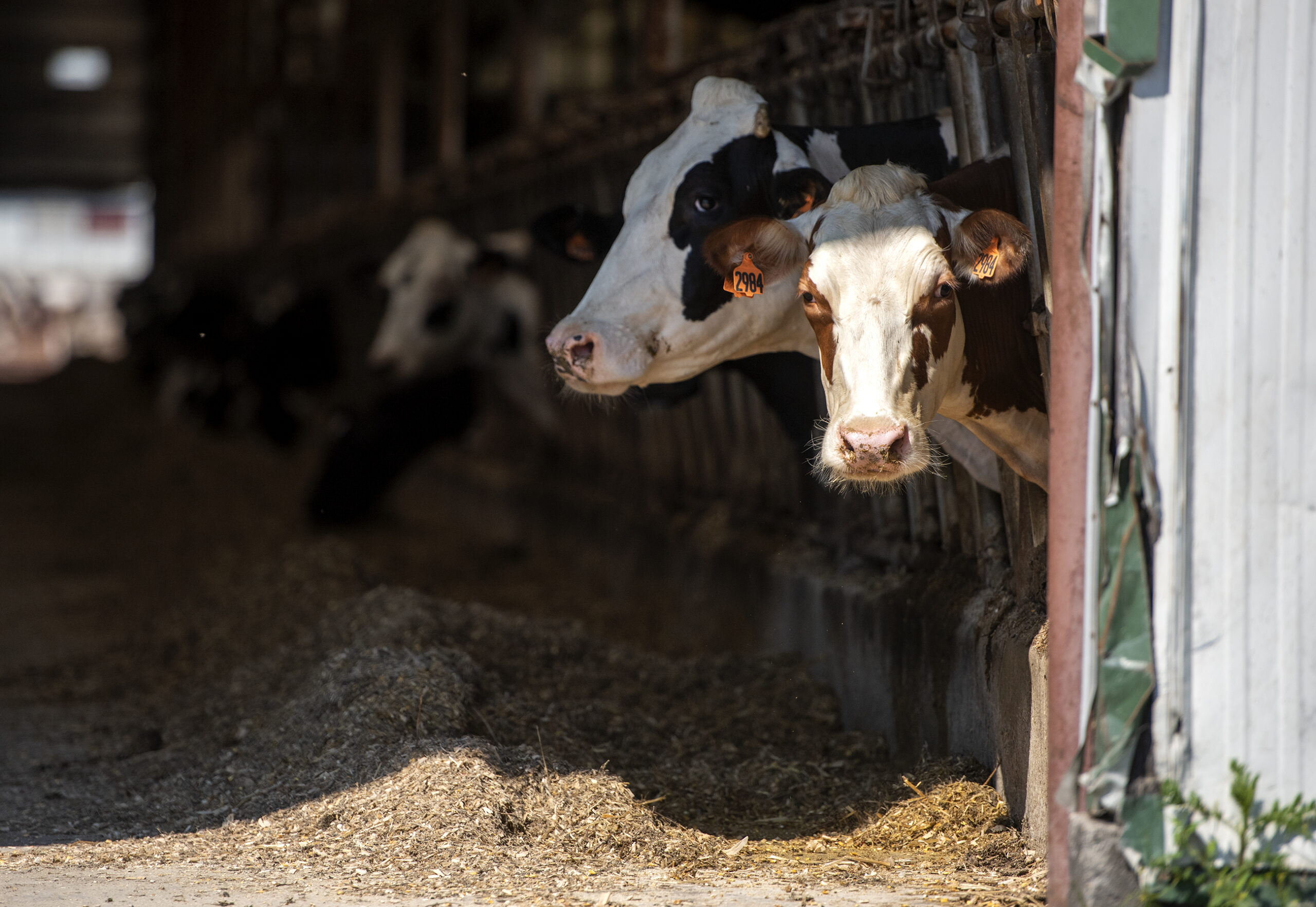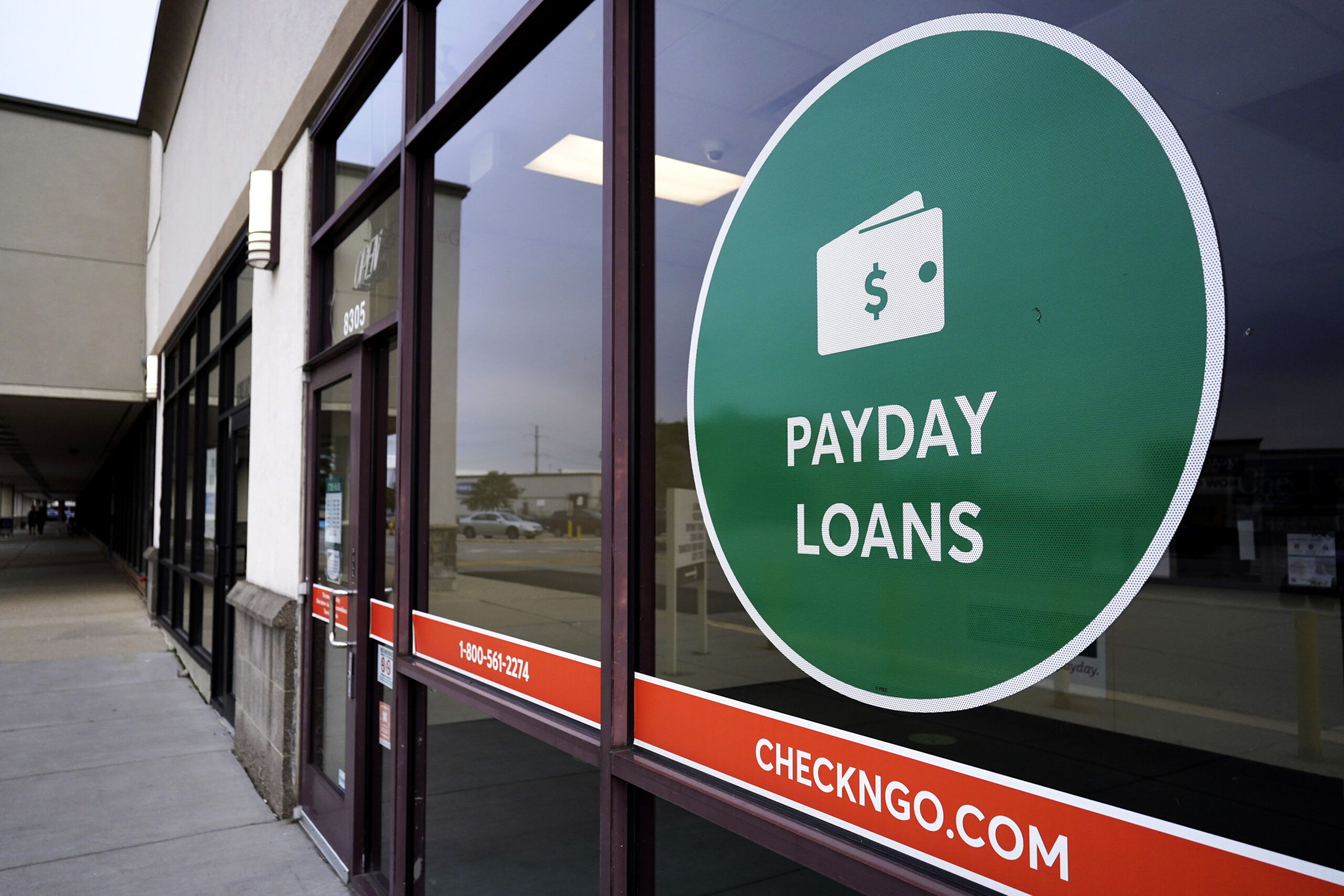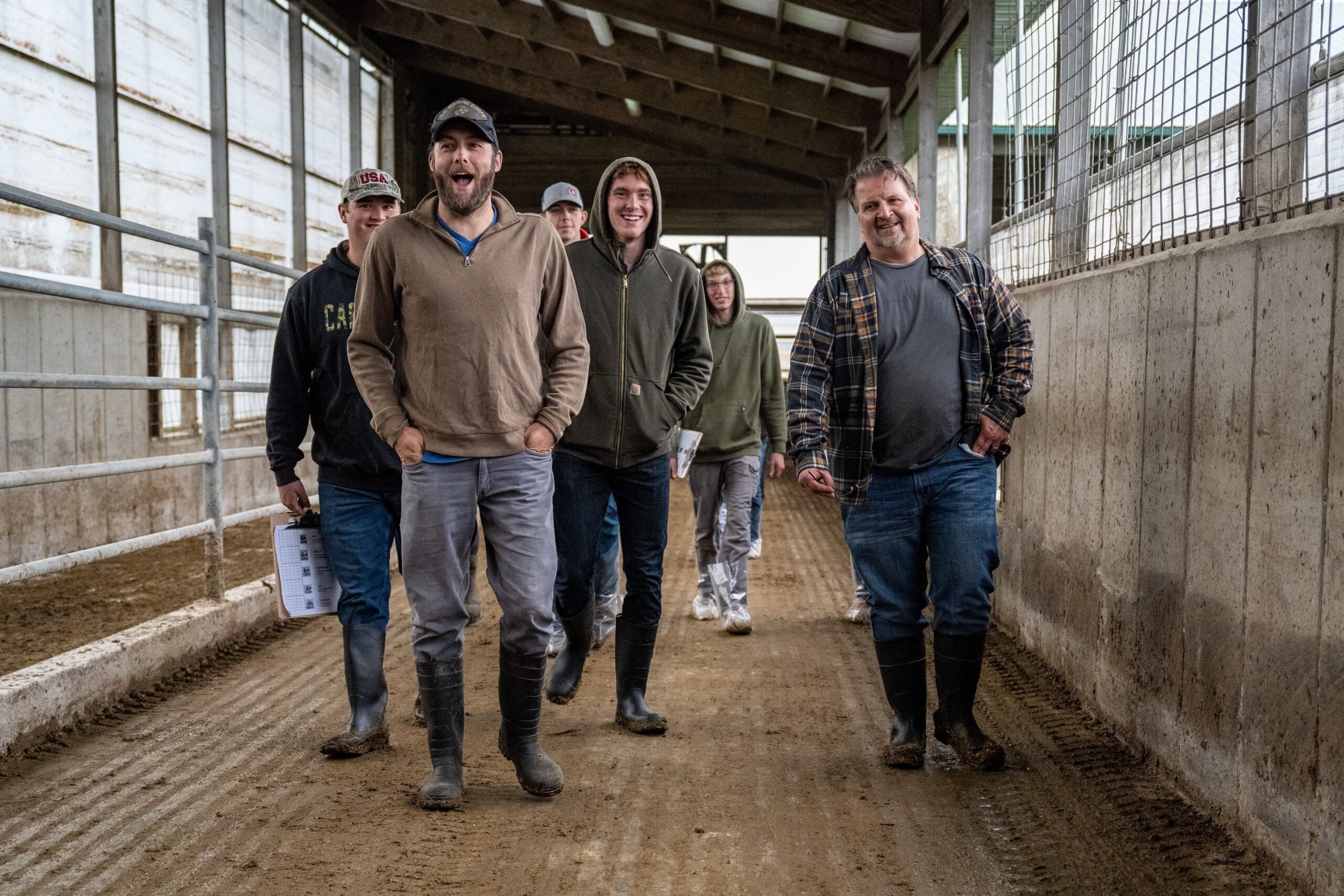Wisconsin lawmakers have introduced a bill to help beginning farmers pay back their student loans.
The New Farmer Student Loan Assistance Program would reimburse up to $30,000 of student loan debt over five years for farmers who recently graduated from college, technical school or the University of Wisconsin Farm and Industry Short Course.
Democratic Rep. Mark Spreitzer and Sen. Janis Ringhand introduced the bill last session with some support from their Republican colleagues.
Stay informed on the latest news
Sign up for WPR’s email newsletter.
“Unfortunately, by the time we got it drafted and ready to go, it was toward the very end of legislative session,” Spreitzer said.
But Spreitzer and Ringhand are hopeful the program will again have Republican support as the Legislature sets the next state budget.
“Farming is very important to the economy throughout the state, so we’re hoping that it will be bipartisan and actually it’s starting out with a fairly small amount (in funding),” Ringhand said.
The bill calls for $120,000 for the first year of the program, eventually increasing to $600,000 in reimbursements per year. Each year, a council of representatives from the University of Wisconsin System, state Department of Agriculture, Trade and Consumer Protection, and farm lending agencies would select 20 recent graduates who operate or work on a small farm as their primary employment.
“The direct impact might seem small in this program, but I think on the larger scale, when you look at the indirect impact and how many people can be impacted, even if it’s just a local (community supported agriculture) program or if they go to farmer’s markets or if they sell on a larger scale to a grocery store or chain of grocery stores, then the number of people that get impacted then becomes pretty large,” said Mike Compton, director of the School of Agriculture at UW-Platteville.
Compton said all agriculture students are impacted by the cost of higher education, but those who don’t have a family farm where they can work have a difficult time getting started after college.
“Getting that debt paid off, and then trying to get into farming and being put in the position where you may be assuming more debt makes that a pretty huge barrier,” Compton said.
Compton said enrollment continues to grow at the School of Agriculture, but he’s worried it won’t be enough counteract the industry’s shrinking workforce.
Wisconsin Public Radio, © Copyright 2024, Board of Regents of the University of Wisconsin System and Wisconsin Educational Communications Board.

